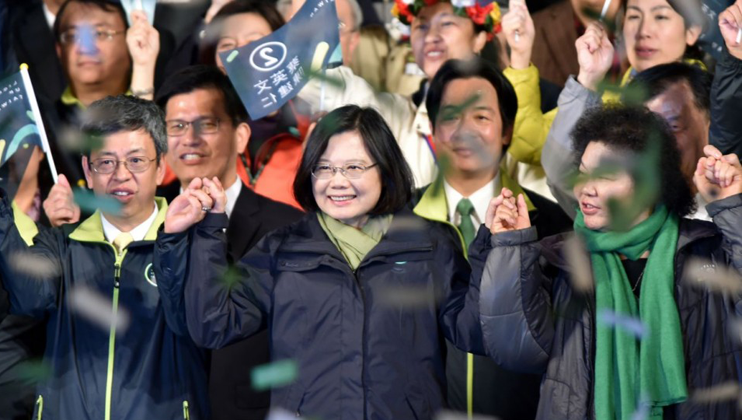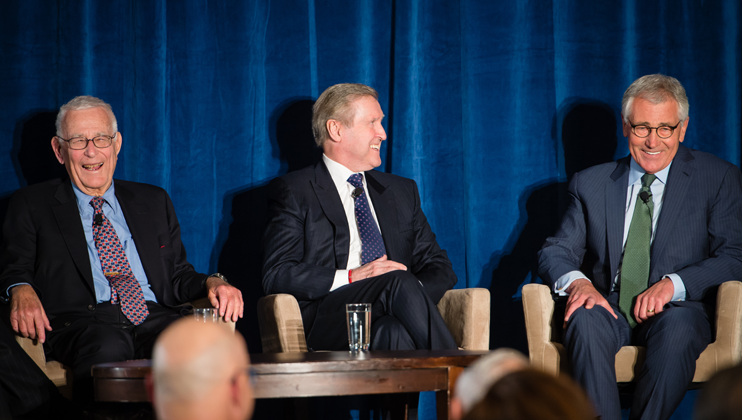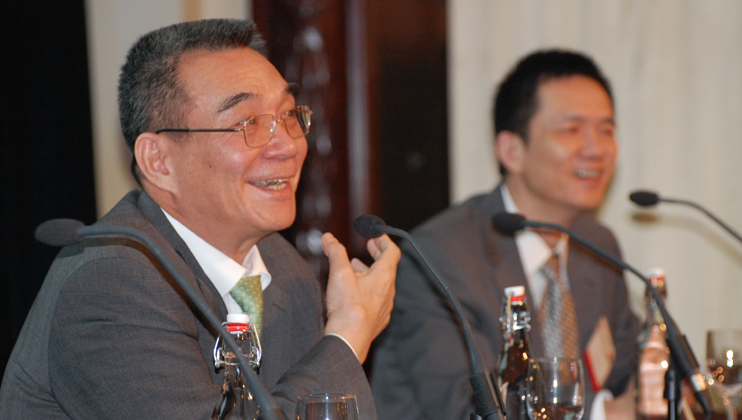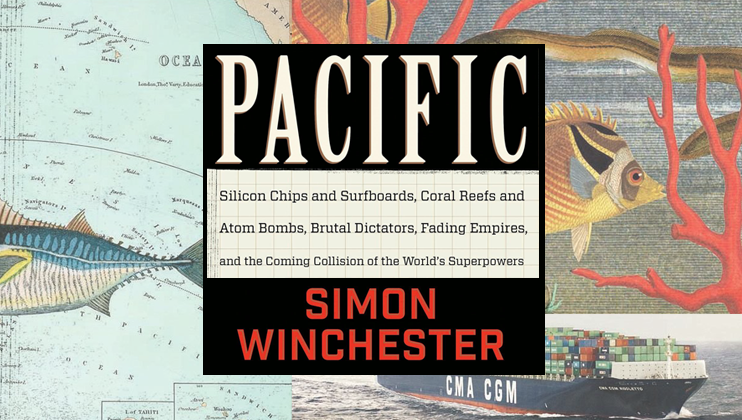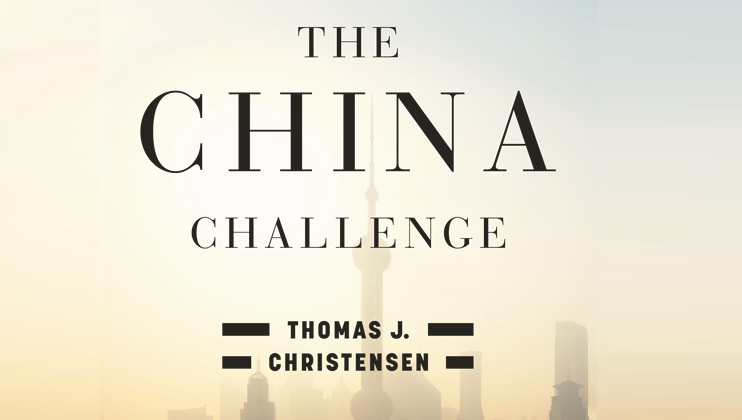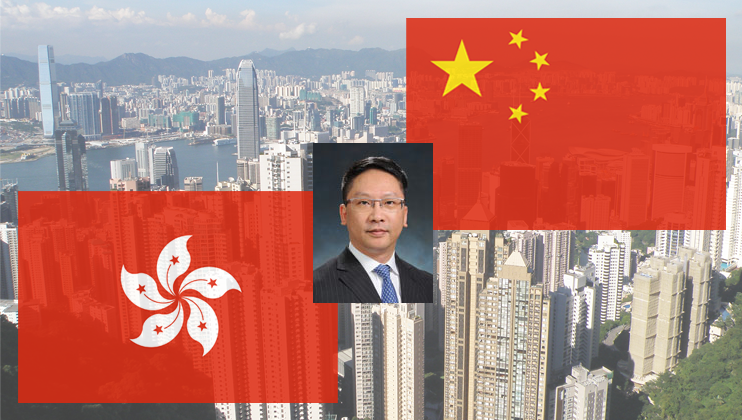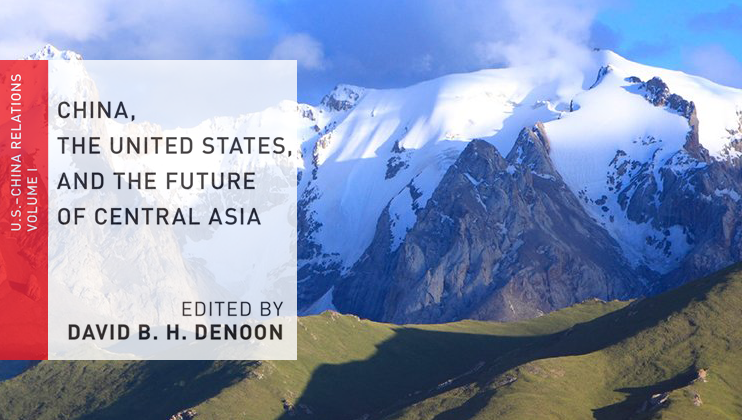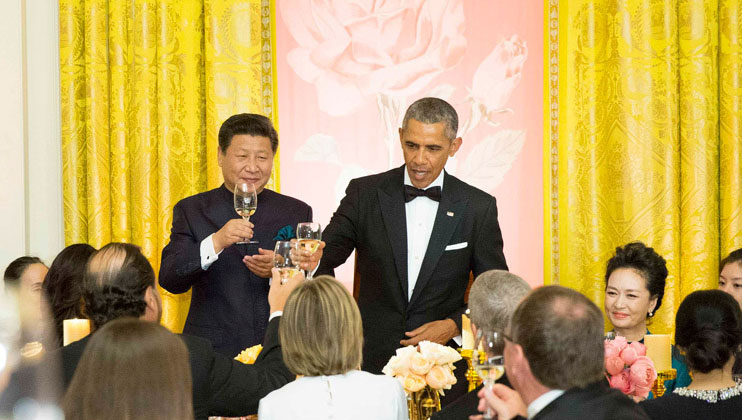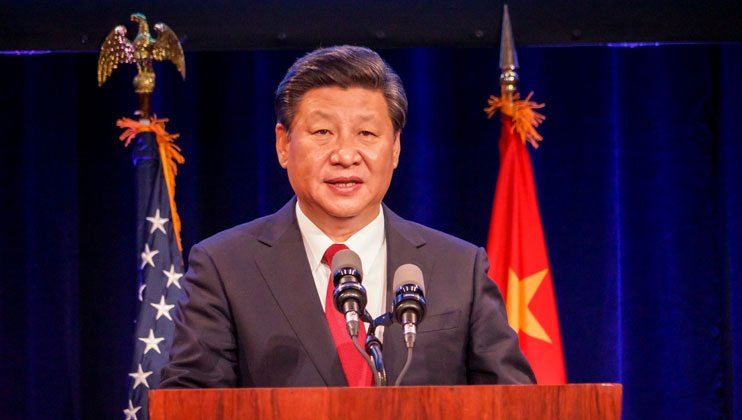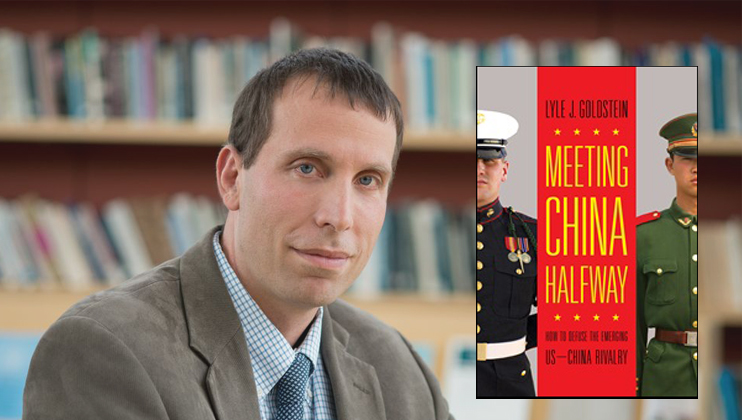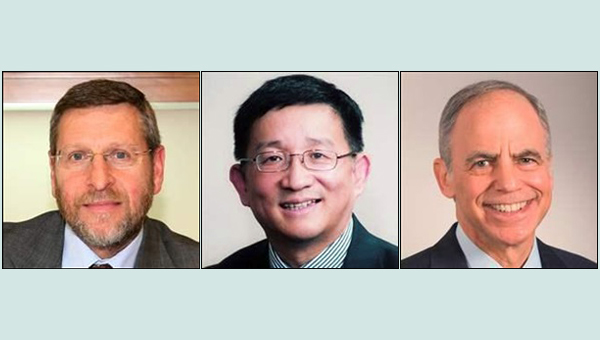Recent Events
In an on-the-record teleconference moderated by NCUSCR President Stephen A. Orlins, the two discuss the outcome of the election, its significance for cross-Strait relations, and likely impact on U.S. relations with both Taiwan and the mainland.
Defense Secretaries Harold Brown, William Cohen, Chuck Hagel, and William J. Perry, in conversation with National Committee President Stephen A. Orlins, reflect on their experiences at DoD and the future of the U.S.-China security relationship.
China is at a critical turning point as it approaches the start of its thirteenth Five-Year Plan in 2016. Several of the most expert economists from Beijing make their predictions for China's economy in 2016.
Renowned author and scholar Simon Winchester discusses the significance of the Pacific Ocean, and analyzes the impact the ocean will have on the geopolitics of the twenty-first century.
Thomas Christensen offers his assesment on the U.S.-China relationship, and how internal Chinese politics will continue to shape Chinese foreign policy objectives.
A discussion on the current status of Hong Kong-Mainland relations, as well as the overall implementation of the 'One Country, Two Systems' policy with Hong Kong Secretary of Justice Rimsky Yuen Kwok-keung.
The evening recognized Stephen A. Schwarzman, Chairman & CEO of Blackstone, and Ian C. Read, Chairman & CEO of Pfizer, Inc.
Since the break-up of the Soviet Union, the independent countries of Central Europe have played a little-discussed role in Sino-U.S. relations as the two countries have pursued different objectives in the resource-rich and politically unstable region while avoiding direct clashes. In China, The United States, and the Future of Central Asia, David B. H. Denoon explores the behavior and […]
In an on-the-record teleconference moderated by NCUSCR President Steve Orlins, the two reflect on Xi’s trip and its implications for U.S.-China relations.
Chinese President Xi Jinping delivers the only public policy speech of his U.S. visit during a dinner co-hosted by the National Committee.
Lyle Goldstein focuses on American and Chinese perceptions of where their interests clash and proposes ways to ease bilateral tensions through compromise.
David Dollar, Cheng Li and Kenneth Lierberthal discuss the then upcoming June 2015 Strategic and Economic Dialogue.
